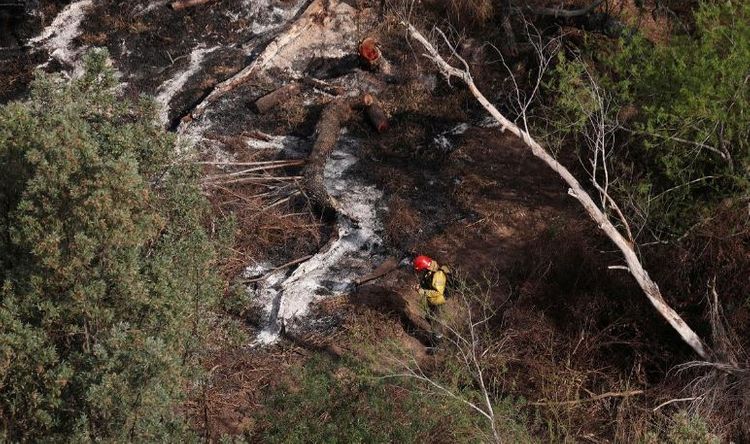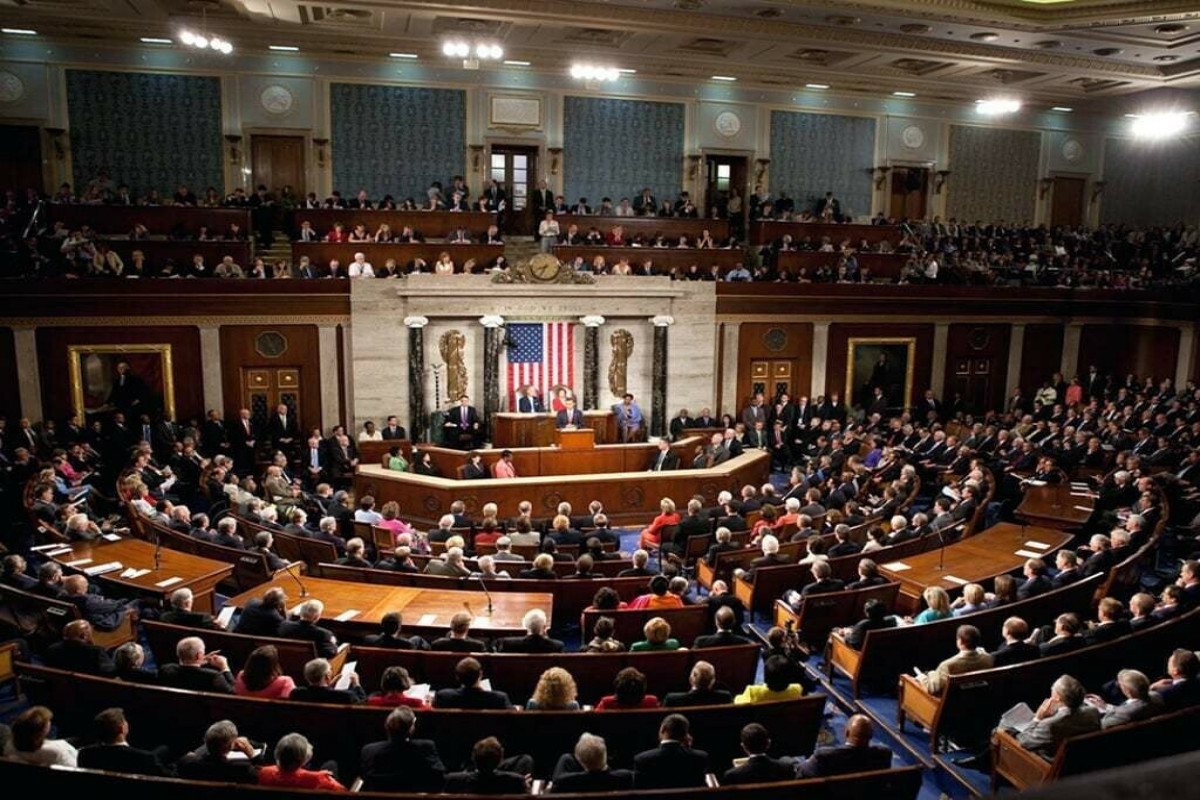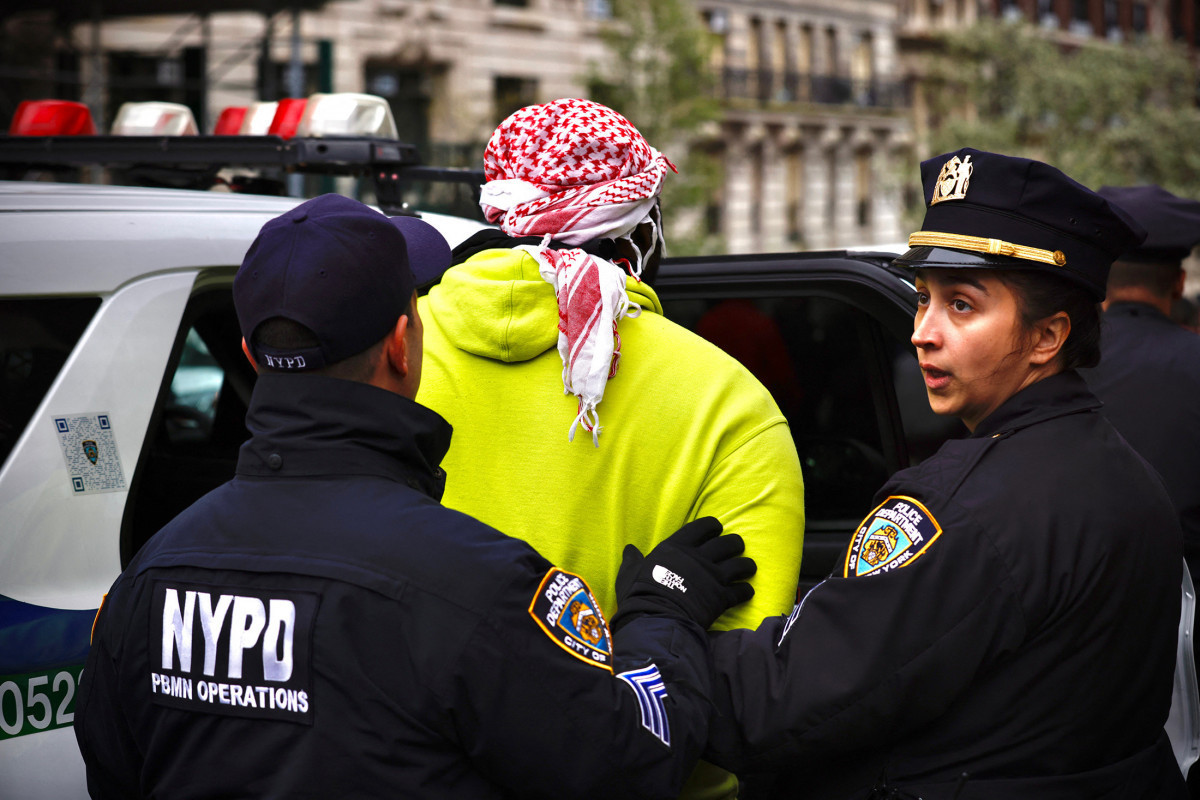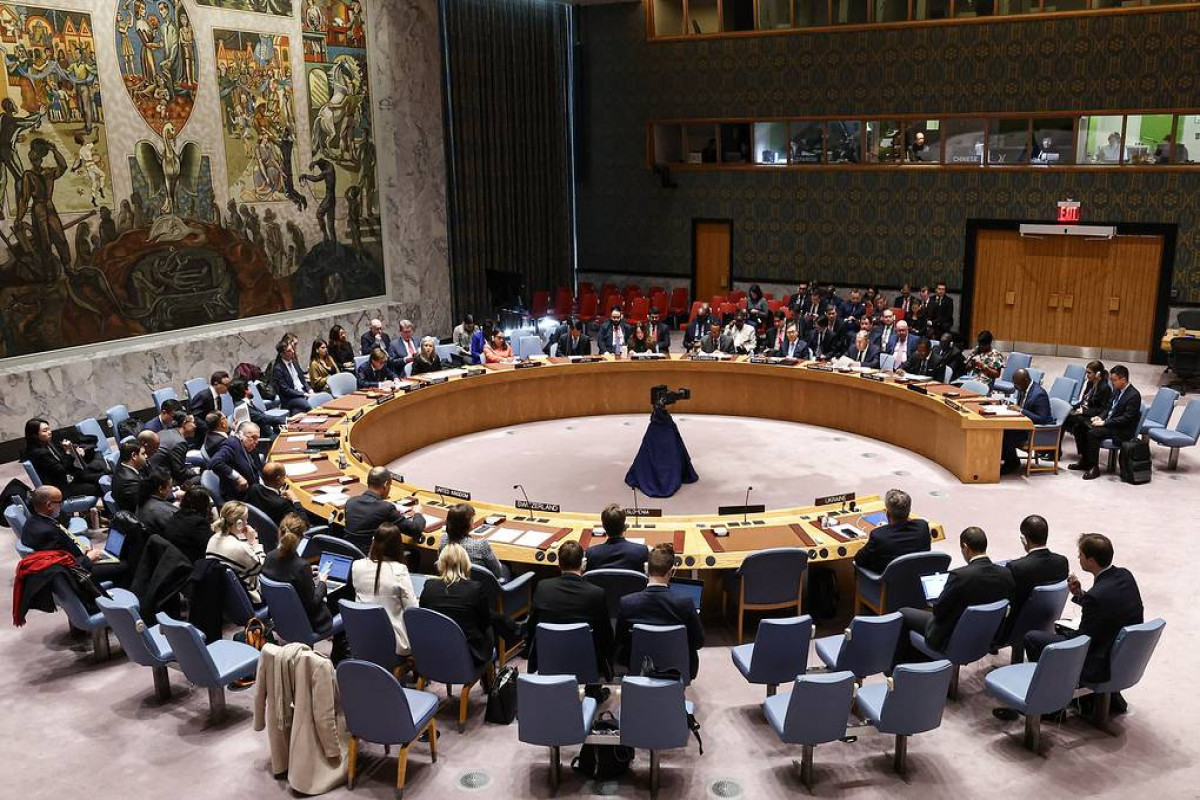The worst fires in more than a decade are cutting through Argentina’s vast wetlands, exacerbated by low water levels in the Parana River delta region that have exposed carbon-rich soil ripe for burning, APA reports citing Reuters.
Infrared technology and satellite imagery have detected more hot spots, or potential fires, in the country’s largest wetland during August than have been found in any other month this year, scientists said.
Rain over the last two days has quelled new hot spots, but water levels are not forecast to rise significantly along the Parana River - a major grains shipping route for port city Rosario, according to the National Institute of Water.
Wetlands play a crucial role in mitigating floods and purifying water, so their destruction is a major concern for scientists. The water-logged ecosystem is home to thousands of species, including the capybara, the world’s largest rodent.
Natalia Morandeira, a wetlands biologist at the University of San Martin who has been tracking the fires using NASA data, said people living in the island communities along the banks of the Parana had lost their homes and livestock in the blaze.
Firefighters, who are often volunteers, are scarce in some areas in the delta, and residents are struggling to contain the fires themselves using buckets of water, she said.
“This is the worst situation since 2009,” said Morandeira, adding that she had detected 16,000 new hot spots in August alone, accounting for 59% of the 26,667 detected for the whole year so far.
Some of driest conditions in Argentina since at least 2008 have fueled the spread of the fires over the last three months, meteorologists said.
Dry conditions in neighboring Brazil also led to a 50-year low level in the Parana River this year. In Rosario, the river was 1.16 meters on Wednesday despite recent rains, well below the September average of 2.67 meters, according to the Argentine Naval Prefecture.
The wetlands blaze coincides with fires in the grasslands and mountainous region of Cordoba province, which has also been made worse by a lack of rain.
“The fact that the vegetation and soils are so dry makes [firefighters’] work difficult. Rivers are narrow because of the drought, some streams have dried up, so fires can spread from one island to another,” Morandeira said.
Nearly 200,000 hectares of wetlands, an area roughly half the size of the U.S. state of Rhode Island, have been scorched, government data shows.
When water levels are low, more land is vulnerable to burning. Organic carbon stored in the soil of the wetlands becomes exposed and acts as sort of fuel, scientists said. This makes it harder to contain the flames, which cause harmful emissions into the atmosphere when the carbon burns, they said.
Environmental groups including Greenpeace said the fires begin when ranchers burn terrain to make way for new growth, a common annual practice in South America. Eduardo Grimaux, the president of an agriculture chamber in Entre Rios province, pushed back against the claim that farmers were to blame for the worsening spread, saying they were more likely caused by fisherman and poachers.
“There was an increase in people who come by boat from Rosario because they cannot move around the city due to a quarantine issue. So they throw garbage, make a fire, have a barbecue... it all adds up,” Grimaux said, adding that farmers typically burn in the wetter spring months.
Argentina has been on varying levels of coronavirus restrictions since March 20.
A permit is required for agricultural burning, but authorities have struggled to regulate and extinguish illegal fires. The Supreme Court in August ordered creation of an environmental committee to establish fire-prevention measures the protect the wetlands.
The fires will likely continue to burn until the wet and humid spring months arrive, according to Fabián Dayde, a volunteer fire chief in the city of Victoria on the banks of the Parana River.
“We are in a ‘stand-by’ stage, waiting,” Dayde said. “It is not the rain that causes the end of the cycle, it’s a change of seasons.”






